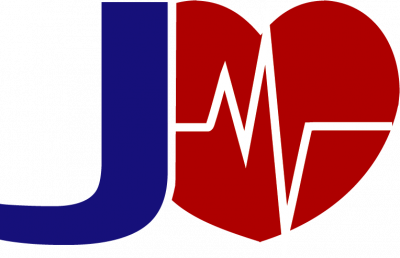CUSHING’S SYNDROME
Last updated: 6 Aug 2024 | 12632 Views |


![]()
Cushing's syndrome
(CUSHING'S SYNDROME) is a disease of the adrenal glands that produce an abnormally high amount of cortisol. which this hormone helps to control blood pressure and body stress It can occur in both women and men but often occurs in women aged 25-45 years, which increases the risk of diabetes, high blood pressure, osteoporosis and obesity.
cause
An overabundance of cortisol can be a result of medications such as asthma, bronchitis, arthritis, or there may be a tumor that produces a lot of this hormone. such as anterior pituitary gland tumor Tumors in the adrenal glands or elsewhere
symptom
Overweight, round face, thick fat around the neck, small arms and legs, children grow slowly and become obese. There will be purple cracks on the abdomen, legs, arms and breast. The skin is easily broken and difficult to heal. thin and brittle bones Hormonal changes cause hair to grow on the face, neck, chest, stomach and thighs in women. irregular menstruation dysfunction in men Other symptoms such as frequent urination, being more than usual Muscle weakness, high blood pressure, mood changes feel anxious depression, etc.
diagnosis
Examination and collecting blood and urine for examination. If the colt is high, an endocrinologist will come in to take care of it. Perform a CT MRI scan of the abdomen to look for tumors in the adrenal glands or brain to see tumors in the anterior pituitary gland
treatment
If medication is the cause, your doctor will reduce your dose to reduce the hormone cortisol. or a drug that suppresses the symptoms caused by coltisol for the cause of tumors Surgery, radiation, and chemotherapy will be needed if the cause is not found. Just remove the adrenal glands and take the hormone coltisol instead. The symptoms will be good depending on the sick duty. and the level of coltisol in the blood
Things to do
![]() Low doses of corticosteroid hormones should be used.
Low doses of corticosteroid hormones should be used.
![]() should see a doctor by appointment to check blood sugar, blood pressure, and bone mass
should see a doctor by appointment to check blood sugar, blood pressure, and bone mass
Tell your doctor if you have depression and you drink alcohol regularly.
![]() See a doctor who specializes in surgery if surgery is necessary.
See a doctor who specializes in surgery if surgery is necessary.
![]() Should eat foods that are low in calories and fat.
Should eat foods that are low in calories and fat.
![]() Tell your doctor if you develop a fever, infection, bruising, or gain weight.
Tell your doctor if you develop a fever, infection, bruising, or gain weight.
![]() You should inform your doctor if you feel weak or dizzy after surgery.
You should inform your doctor if you feel weak or dizzy after surgery.
don't do
![]() Do not resist treatment
Do not resist treatment![]() do not eat too much
do not eat too much![]() Do not share clothing, towels or bedding with others.
Do not share clothing, towels or bedding with others.

Related content
Ascites
21 Sep 2022
hydronephrosis
6 Sep 2021
Kidney Cancer
3 Mar 2021
polycystic kidney disease
19 May 2021








